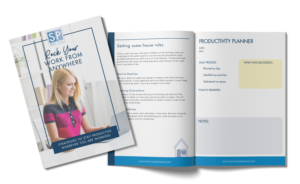
Imagine your 18 year old son or daughter has been hospitalized and is unconscious. Or your un-wed, adult sibling has a terminal disease and asks you to guarantee specific requests for end-of-life care. Or imagine your parent is having trouble remembering which medications to take and you want to help by getting clarifying information from his or her doctor. In each of these scenarios you would legally prohibited from receiving medical information or helping to make decisions for these loved ones due to federal patient privacy regulations unless you have a notarized healthcare directive granting such authority.
In order to be allowed to receive medical information or give consent for medical treatment on behalf of someone who is not your legal spouse or minor-aged child, you need a legally binding, notarized healthcare directive. Click here to read more about the specifics of a healthcare directive. Contact an attorney for more information on how to prepare and execute a healthcare directive.
No one wants to imagine an emergency situation where you might want to provide input into a family member’s medical treatment, but spending some time beforehand to prepare a healthcare directive will help better prepare you for such a situation.






